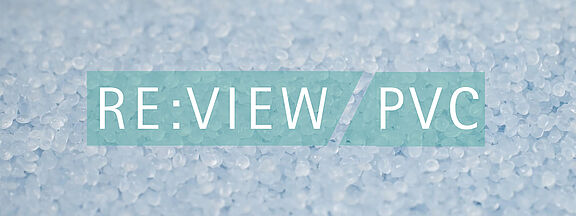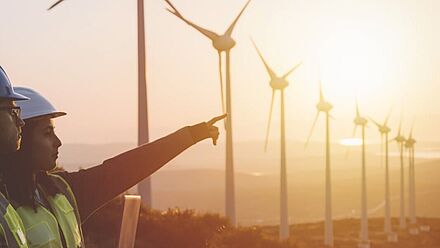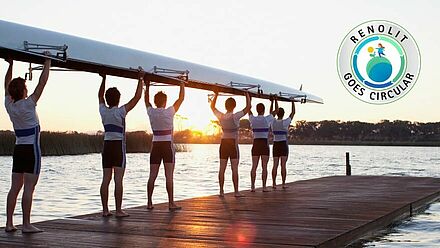[RENOLIT]. RE:VIEW PVC
Back to the start: With RE:VIEW PVC, we take a renewed look at the often misunderstood material and show why it is indispensable in many industries. Find out where PVC is used at RENOLIT and what its future could look like. Join us on this exploratory tour and find out more about the multifaceted world of PVC.
What is PVC?

Polyvinyl chloride, PVC, has extremely versatile material properties and has been used in a continuously growing number of products since the 1930s. PVC is considered to be the best-researched polymer and has constantly reinvented itself over time through consistent further development and has taken a leading position in many applications.
Made from crude oil/natural gas and mineral salt, PVC does not exclusively consume fossil resources and, due to its structure, offers better properties in terms of durability, corrosion protection and fire protection compared to other polymers. It is economical, easy to process and can be varied almost endlessly by adding suitable additives. PVC is an established and well-researched material that can be recycled and reused several times after its long service life, for example in construction products. It therefore makes an important contribution to promoting the circular economy.
RE:VIEW

How does PVC relate to sustainability?
At RENOLIT, we are more than just industry leaders in the production of high-quality film solutions - we are pioneers for a more sustainable future.
Together we will explore how PVC not only characterises durability and quality, but also environmental awareness.
REVIEW PVC: Let's discover the story of our PVC solutions together.
PVC properties

Versatile in use
Used in nearly all industries.
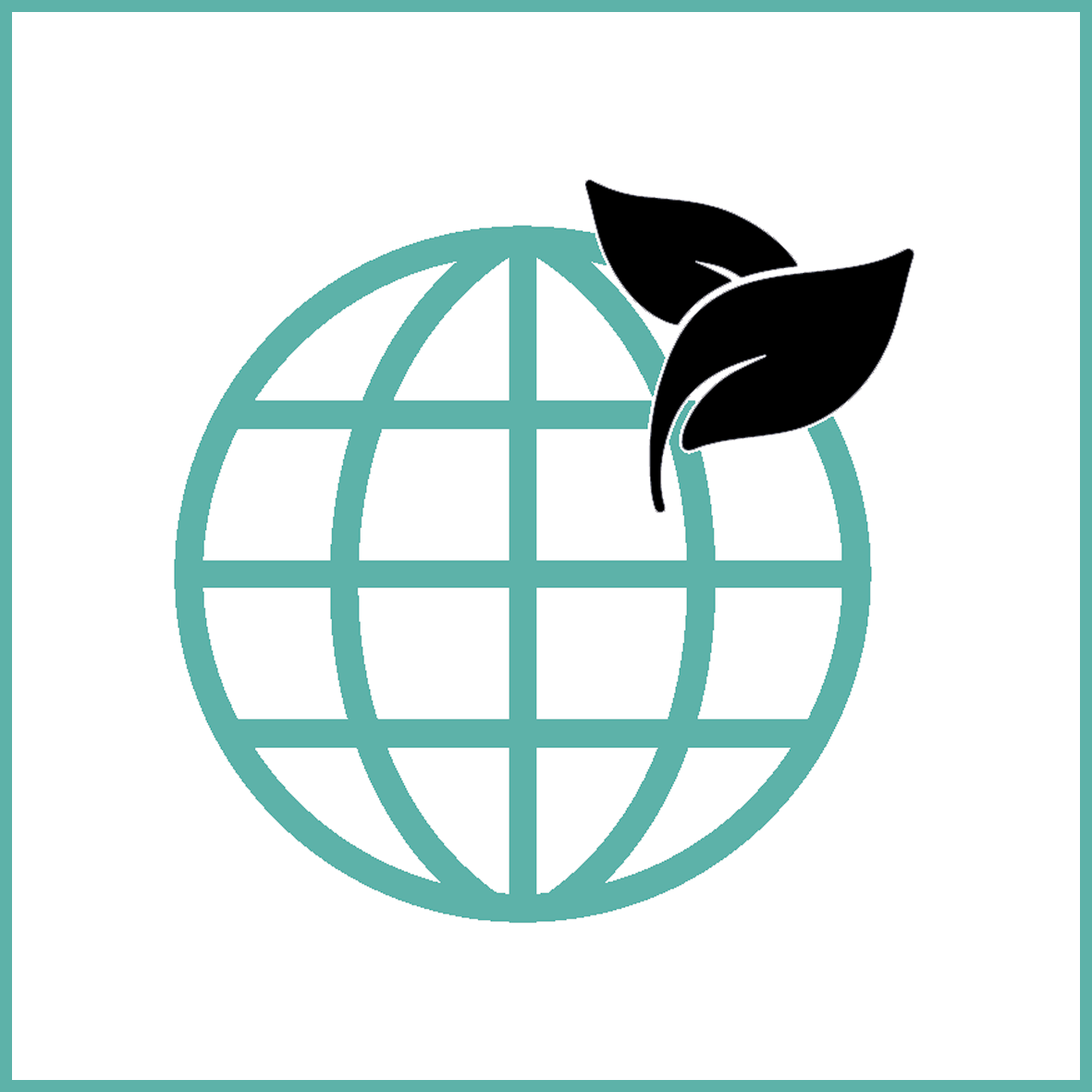
Contribution to climate protection
CO2 emissions can be reduced with certain products.

Innovative
Research into bio-based and non-fossil raw material sources.

Sustainable
Studies prove the ecological competitiveness of PVC.

Intensively researched
Many years of experience and continuous improvements.

Durability
PVC films offer protection and extend the service life of the primary equipment.
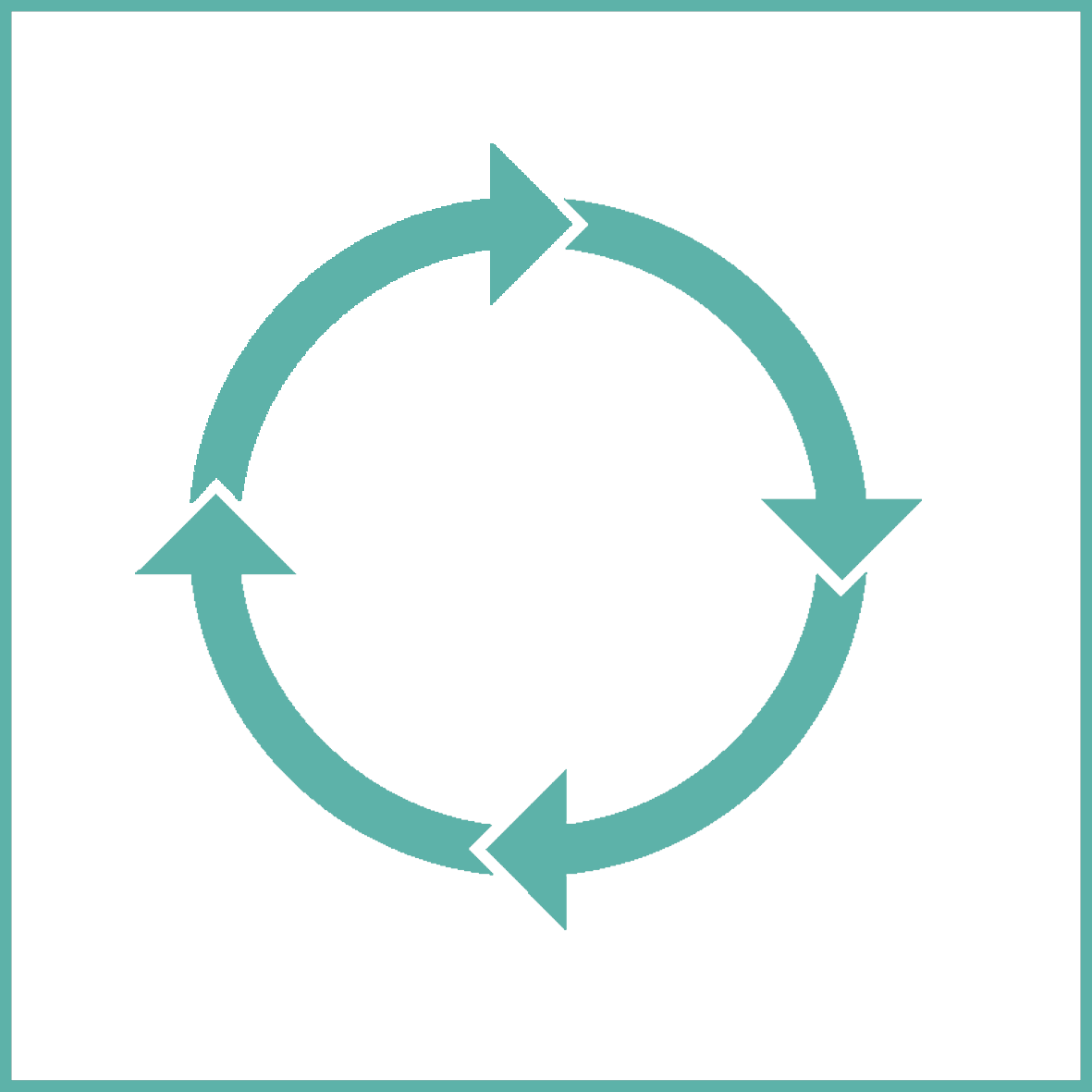
Promoting the circular economy
Used PVC products have been successfully recycled and reused for many years.
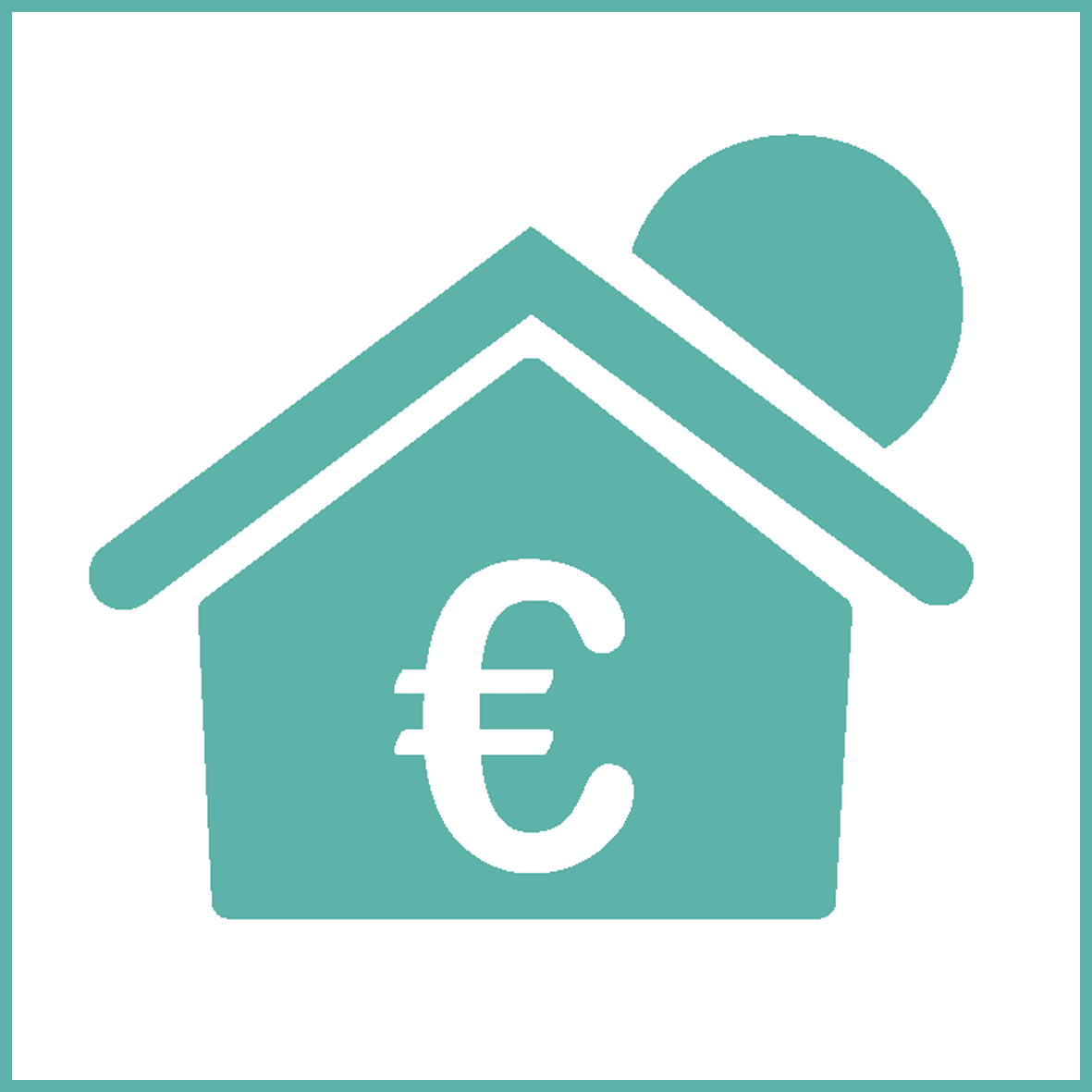
Cost-effective
In purchase and further processing. Durability contributes to economic efficiency.
RE:THINK

Our RE:THINK Teaser will be published soon...
PVC @ RENOLIT
At RENOLIT, films, sheets and other PVC products contribute to sustainability through their durability, their protective effect on other materials, their efficient production methods and their suitability for sensitive areas.
The versatile material PVC is used in high-performance surfaces for durable construction products such as plastic windows, self-adhesive films for the advertising and automotive industries and as components for particularly sensitive, vital applications in the healthcare sector.
Regulatory Aspects
The European PVC industry has continuously made its products more sustainable, safer and more future-orientated through a variety of measures. In addition, regulatory developments are influencing the future of the material.
As a company, we engage in partnerships to drive the circular economy. Through memberships in industry associations and initiatives, we participate in numerous programmes for a more conscious and sustainable use of polymers.
Find out more about our Memberships.
ECHA investigation into PVC and PVC additives
VinylPlus® was also able to contribute validated, comprehensive information on PVC and PVC additives to the current investigation work on PVC and PVC additives, which is being carried out by the European Chemicals Agency ECHA at the request of the EU Commission. PVC is classified as non-hazardous. The additives are constantly assessed and evaluated for risk. We are also constantly working on finding substitutes to improve PVC products.
RE:INVENT

Our RE:INVENT teaser will be published soon...
The industry has been successfully recycling and reusing old PVC construction products for many years with the help of well-established collection and recycling systems in continuously increasing quantities.
In 2022, 813,266 tonnes of PVC were recycled and reused in new products across Europe as part of the VinylPlus voluntary commitment.
The amount of recycled material enables savings of over 1.6 million tonnes of CO2 and significantly reduces primary energy requirements.
The aim is to recycle 900,000 tonnes of PVC per year by 2025 and one million tonnes by 2030.
Since the start of the first European sustainability programme in 2000, 8.1 million tonnes of PVC have already been recycled.
RENOLIT PVC Factsheet
In our PVC factsheet you will find a brief summary of all the information about PVC and PVC in use at RENOLIT.
